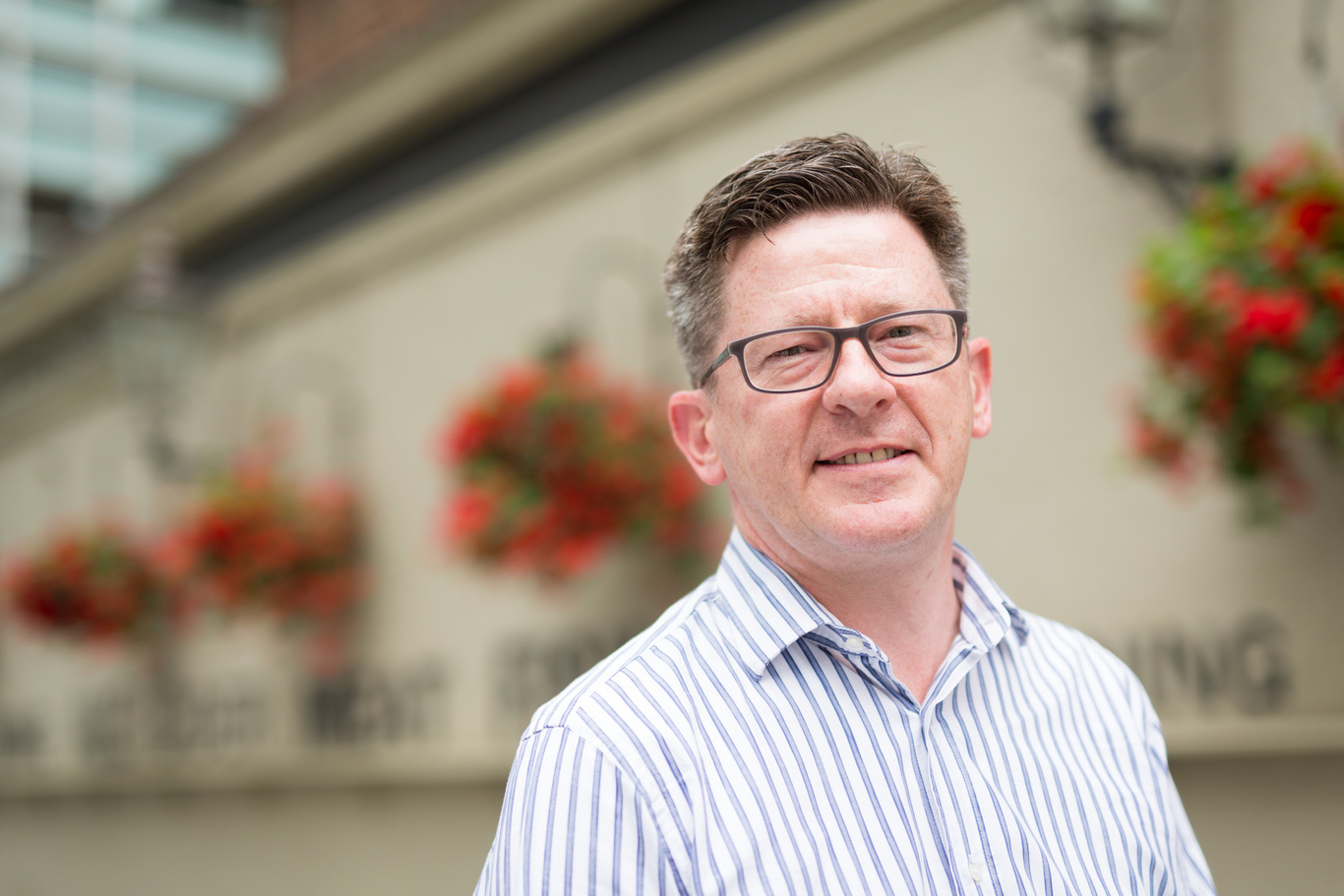Ireland's tax system should be overhauled to reward the 'real risk takers'
Leading VC Brian Caulfield says we should follow the UK’s lead.
ENTREPRENEURS SHOULD GET their own rate of capital gains tax – set lower than the rate applied to simply buying and selling assets, according to one of the country’s top investors.
Speaking to Fora, Irish Venture Capital Association chairman Brian Caulfield said he is not in favour of “slashing capital gains tax (CGT) across the board”, but he believes there should be a tiered system that gave preferential treatment to business ventures.
“I think the system in the UK, where effectively there is a 10% rate on gains from entrepreneurial activities and a 28% rate for gains from stocks and shares, property and so on, is the right kind of system,” he said
“It rewards the real risk takers, the people who in many cases cut their salaries to start companies, that should be rewarded. It would be great if we could match (the UK), although I recognise that it might not be possible to do that initially.”
Caulfield is one of Ireland’s most-prominent technology entrepreneurs. Now serving as a partner at London-based venture capital firm Draper Esprit, he co-founded online card-payments firm Exceptis Technologies and data-management software business Similarity Systems, which were sold for $26 million and $55 million respectively.
CGT rate
Capital gains tax is the charge applied to the profit made from the disposal of any asset. In Ireland, it is currently set at a rate of 33% after a series of increases lifted it from a level of 20% in 2008.
A revised rate of 20% on certain business disposals was introduced in Budget 2016, however it only applies to the first €1 million in profits. Any returns above that figure are taxed at the standard rate.
The 33% levy has long been a sore point for business groups, who argue it should be brought into line with the UK, where the tax ranges from 18% to 28%. In its recent budget, the UK government announced it was cutting the top rate to 20%.
An even-lower 10% ‘entrepreneurs’ relief’ applies for sole traders who sell all or part of a company they have built up. This is capped at a lifetime rate of £10 million, after which the normal rate applies.
Caulfield is an admirer of the UK system and said that Ireland should look to move into line with its neighbour.
More money, not less
However Caulfield also argued that a reduction in the headline rate of CGT would not necessarily translate into a lower tax take for the state.
“When (former Finance Minister) Charlie MccReevy reduced CGT from 40% to 20% in the space of about two years he tripled the years so reducing the rate meant more money, not less, to spend on services,” he said.
He added: “I think the 33% rate does need to come down but I would be more focused on what can we do on the entrepreneurial side. If a government was to say it was going to leave the 33% rate as is but create a 10% rate for the first €10 million of entrepreneurial gains, I would say great.”
You can read more from our full interview with Brian Caulfield on Fora later this week.






